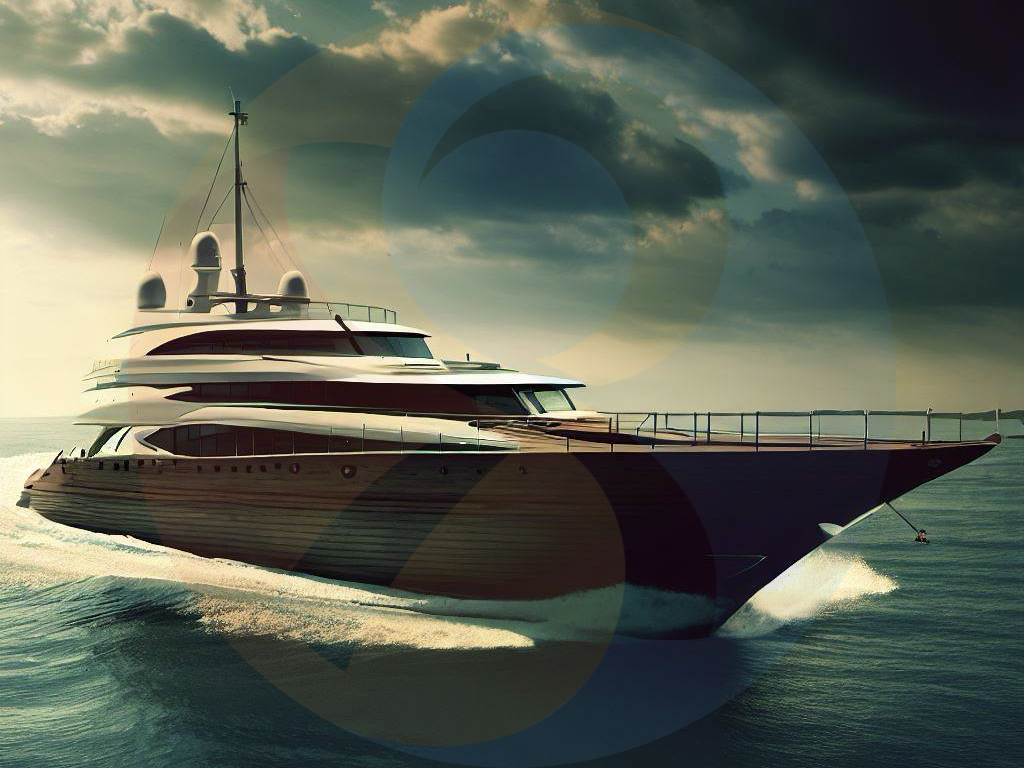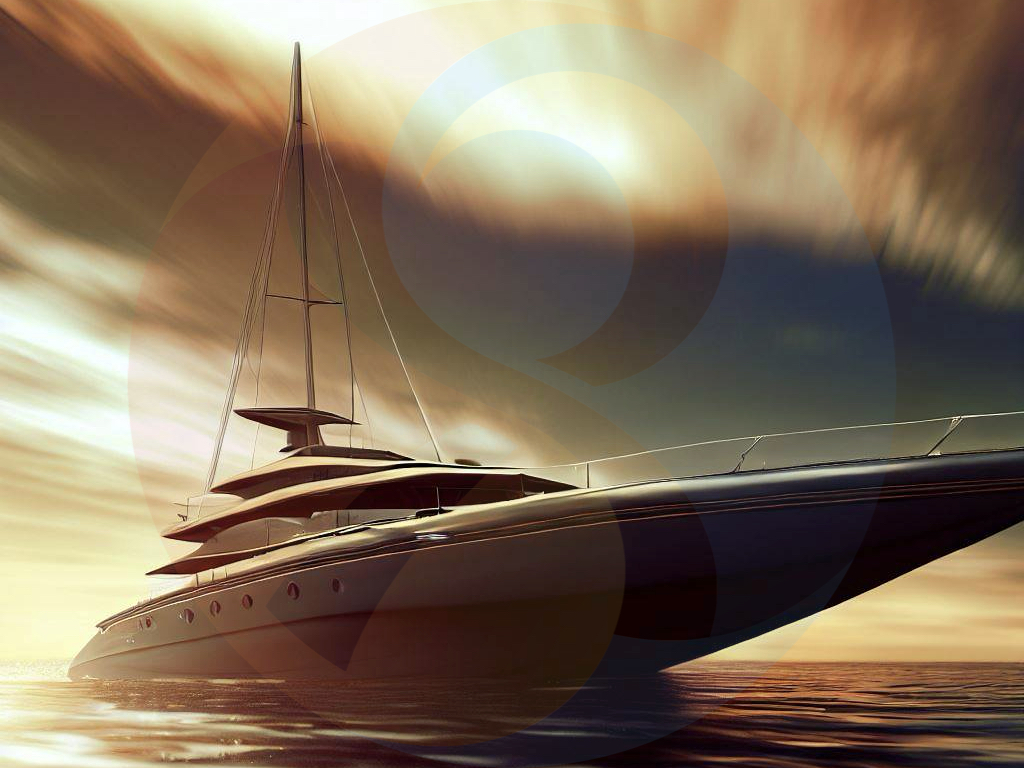游艇与风水
Recently, a student engaged me in a discussion about Fengshui, asserting that they knew a master who firmly believed that yachts could also be influenced by Fengshui. I couldn’t help but smile at this notion, for while that master may have had a certain lineage of expertise, I must adhere to the genuine principles of Fengshui and refrain from involving yachts in it.
Firstly, let us delve into this issue with reference to a classic text in the field of geography, the “Qing Nang Jing” (青囊经)which states, “The heavens have five stars, the earth has five elements. The heavens distribute constellations, the earth features mountains and rivers. Qi flows within the earth, and beauty lies within the heavens. Examine the form to understand the qi, and establish human standards accordingly.”
This passage informs us that the core of Fengshui relies on the interaction between the qi of heaven and earth, incorporating factors such as terrain, mountains, rivers, and atmospheric conditions. In the context of yachts, the vessels are constantly at sea where water is ever in motion, and their positions change constantly. Yachts are unaffected by terrestrial influences, making it difficult to determine a stable orientation, which contradicts the requirement for stability and precision in Fengshui.
Furthermore, the text goes on to state, “The virtue of the land rises to support the heavens, and the heavens expand to envelop the earth. Yin utilizes yang in the morning, and yang utilizes yin in the evening. When yin and yang meet, blessings and prosperity are secured through stability.” This illustrates that Fengshui theory is based on the mutual dependence of heaven and earth, the complementarity of yin and yang. However, yachts are situated at sea, where their positions are influenced by external factors like wind and currents rather than the stability of terrain and topography. Consequently, yachts struggle to meet the conditions of Fengshui, which necessitates the alignment of heaven and earth, and the balance of yin and yang.
In the real world, those who can afford yachts are typically affluent individuals. They may seek the guidance of Fengshui masters and are willing to pay substantial fees. However, I would like to remind my colleagues in the field of Fengshui, especially my students and disciples, to uphold their principles and not deviate from the true essence of Fengshui due to the lure of wealth. The essence of Fengshui is to enhance people’s lives and environments, rather than pursuing personal wealth or power. We should stand firm in our positions, adhere to the right path of Fengshui, and provide genuinely beneficial guidance to people.
In conclusion, although some may claim that yachts can also be influenced by Fengshui, from the perspective of Fengshui’s theory and principles, yachts are unlikely to meet the necessary conditions. In the field of Fengshui, we should adhere to genuine principles, providing authentic guidance to people, rather than being swayed by monetary considerations.

近日,一位学生与我讨论了风水的话题,声称认识一位大师,坚信游艇也可以被风水所左右。我听后微微一笑,因为虽然那位大师或许有一定的行家传承,但我必须坚守风水的真正原则,不轻言让游艇参与其中。
首先,让我们深入探讨这一问题,引用地理学经典之一,《青囊经》中的话语:「天有五星,地有五行。天分星宿,地列山川。气行于地,行丽于天。因形察气,以立人纪。」 这段经文告诉我们风水的核心是依赖于天地之气,以及阴阳之间的互动。地势、山川、气场等因素在风水中都占有重要地位。而在游艇的情境下,船只在海上,海水不断流动,方位时刻改变。游艇不受地气的影响,难以确定一个稳定的方位,这与风水所需的稳定性和准确性相悖。
再者,经文提到「地德上载,天广下临。阴用阳朝,阳用阴应。阴阳相见,福禄用贞。」 这表明了风水的理论基础是建立在天地相互依托、阴阳互补的基础之上。然而,游艇位于海上,其方位受制于风、海流等外部因素,而非地势山川的稳定性。因此,游艇难以符合风水所要求的天地相顺应、阴阳平衡的条件。
现实社会中,拥有游艇的人通常是富有的人群。他们可能会寻求风水大师的帮助,愿意付出高昂的费用。但我想提醒那些在风水领域工作的同行,特别是我的学生和弟子们,要坚守自己的原则,不要因金钱的诱惑而背离了风水的真谛。风水的本质是为了改善人们的生活和环境,而不是为了追求个人的财富或权力。我们应该站稳立场,秉持风水的正道,为人们提供真正有益的帮助。
综上所述,虽然有人声称游艇也可以被风水所左右,但从风水的理论和原则来看,游艇难以符合风水所需的条件。在风水领域,我们应该坚守真正的原则,为人们提供真正有益的指导,而不是被金钱所左右。
共勉之
Views: 4
